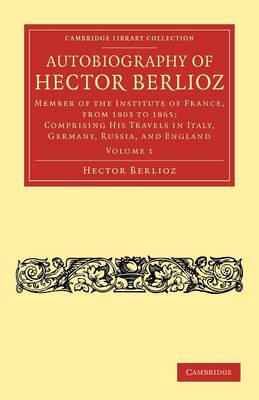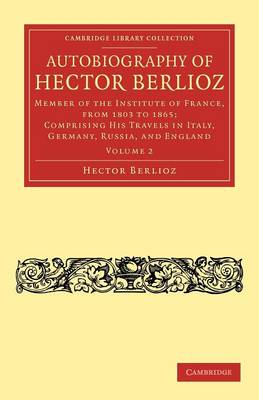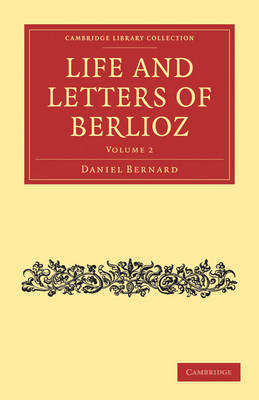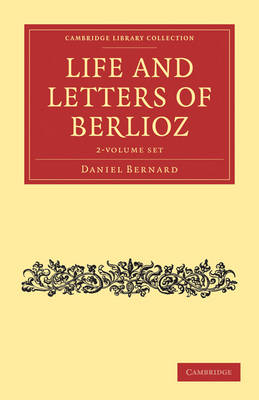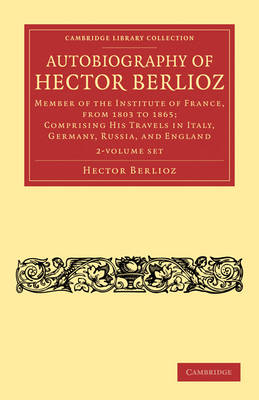Cambridge Library Collection - Music
4 primary works • 9 total works
Volume 1
Life and Letters of Berlioz: Volume 1
by Hector Berlioz and Daniel Bernard
Volume 1
Volume 2
Volume 2
Life and Letters of Berlioz 2 Volume Set
by Hector Berlioz and Daniel Bernard

